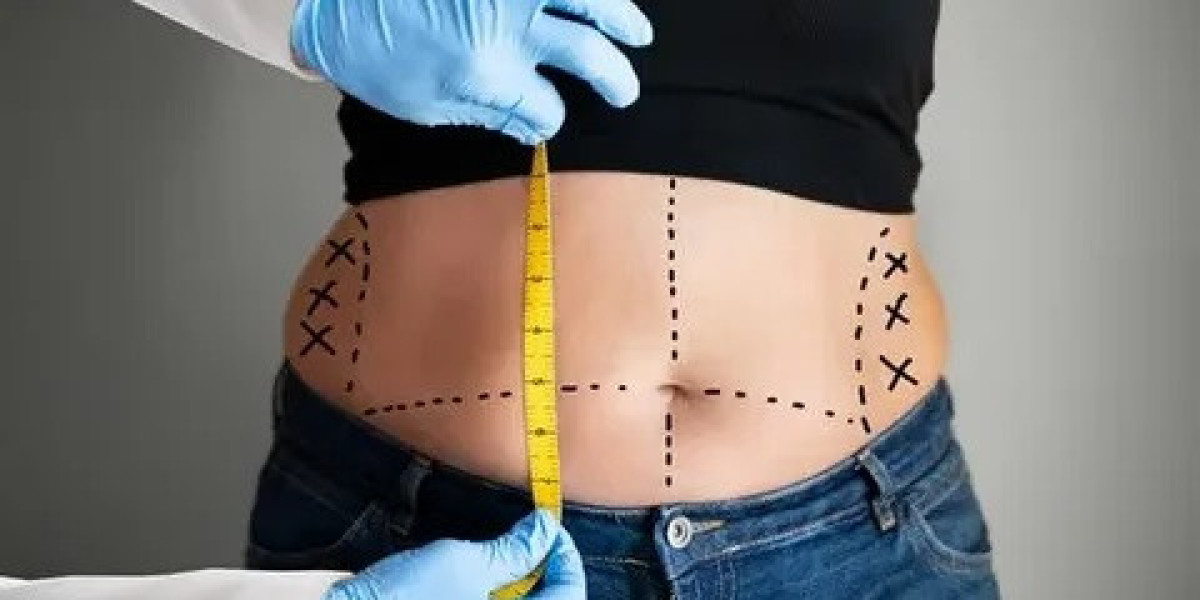Dubai has rapidly established itself as a global hub for medical tourism, particularly in the realm of cosmetic surgery. Liposuction, a popular procedure for body contouring, attracts numerous individuals seeking to refine their physique in this luxurious locale. However, a crucial question for anyone considering this surgery is: Is liposuction in Dubai (جراحة شفط الدهون في دبي)safe?
The answer, reassuringly, is yes, provided you choose a reputable clinic and a qualified, experienced surgeon. This safety is underpinned by stringent regulations and quality standards enforced by the Dubai Health Authority (DHA) and within specialized healthcare zones like Dubai Healthcare City (DHCC).
Robust Regulatory Framework
The Dubai Health Authority (DHA) plays a pivotal role in ensuring the safety and quality of all healthcare services within the emirate, including cosmetic surgery. They have implemented comprehensive regulations governing liposuction procedures to align with international best practices. Key aspects of these regulations include:
- Facility Licensing: Liposuction procedures can only be performed in licensed healthcare facilities such as general hospitals, specialty hospitals, and day surgical centers that meet specific safety and infrastructure standards. This ensures that the environment is equipped to handle surgical procedures and any potential complications.
- Surgeon Qualifications: Only DHA-licensed specialist or consultant plastic surgeons with the necessary training and expertise are permitted to perform liposuction. This ensures that the procedure is carried out by qualified professionals who have undergone rigorous training and assessment.
- Anesthesia Protocols: Strict guidelines are in place for the administration of anesthesia, with qualified anesthesiologists required to be involved, especially for procedures requiring general anesthesia.
- Fat Aspiration Limits: The DHA has set limits on the amount of fat that can be safely removed during a single liposuction procedure (typically around 5 liters, including fluids). This regulation aims to prevent complications associated with excessive fluid loss and electrolyte imbalances.
- Perioperative Nursing Staff: Clinics are mandated to have a minimum number of qualified perioperative registered nurses assisting the surgeon during the liposuction procedure, ensuring comprehensive patient care and monitoring.
- Equipment and Medications: Only FDA-approved or equivalent quality products and advanced technologies are permitted for use in liposuction procedures.
Dubai Healthcare City (DHCC), a specialized free zone dedicated to healthcare, has its own regulatory body, the Dubai Healthcare City Authority (DHCA). DHCC also enforces stringent quality standards and licensing requirements for healthcare professionals and facilities operating within its zone. These regulations often align with international best practices and focus on patient safety and clinical excellence. Facilities within DHCC undergo rigorous assessments to ensure compliance with these standards.
Emphasis on Quality and Accreditation
Reputable liposuction clinics in Dubai often seek accreditation from international organizations, further demonstrating their commitment to quality and patient safety. These accreditations involve rigorous evaluations of the clinic's facilities, protocols, and patient care standards.
Furthermore, the focus on medical tourism in Dubai has driven the healthcare sector to maintain high standards to attract international patients who expect world-class care. This competitive environment encourages clinics to invest in the latest technologies, employ highly skilled staff, and adhere to stringent safety protocols.
Choosing a Safe Liposuction Clinic in Dubai
While the regulatory framework and quality standards in Dubai contribute significantly to the safety of liposuction, the ultimate responsibility for a safe procedure lies in choosing the right clinic and surgeon. Here are crucial factors to consider:
- Surgeon's Credentials and Experience: Verify the surgeon's board certification, specialization in plastic surgery, and specific experience with liposuction. Review their before-and-after photos and read patient testimonials.
- Clinic Accreditation and Facilities: Ensure the clinic is licensed by the DHA or DHCC and accredited by reputable international bodies. Check if the facility is well-equipped with modern technology and adheres to strict hygiene protocols.
- Consultation Process: A thorough consultation is vital. The surgeon should assess your health, discuss your goals, explain the procedure in detail, and address all your concerns. A personalized treatment plan should be created for you.
- Transparency and Communication: The clinic should be transparent about the costs involved, potential risks and complications, and the recovery process. Good communication and support are essential throughout your journey.
- Avoid Unbelievably Low Prices: Exceptionally low prices might indicate compromised quality or hidden costs. Focus on value and safety over the cheapest option.
Conclusion
Liposuction in Dubai can be a safe and effective procedure when performed by qualified surgeons in accredited facilities that adhere to the stringent regulations and quality standards set by the DHA and DHCC. The emirate's commitment to developing a world-class healthcare sector ensures that patients have access to advanced techniques and experienced professionals. However, diligent research and careful selection of a reputable clinic and surgeon remain paramount to ensuring a positive and safe liposuction experience in Dubai. By prioritizing your safety and choosing wisely, you can confidently pursue your body contouring goals in this leading medical tourism destination.







